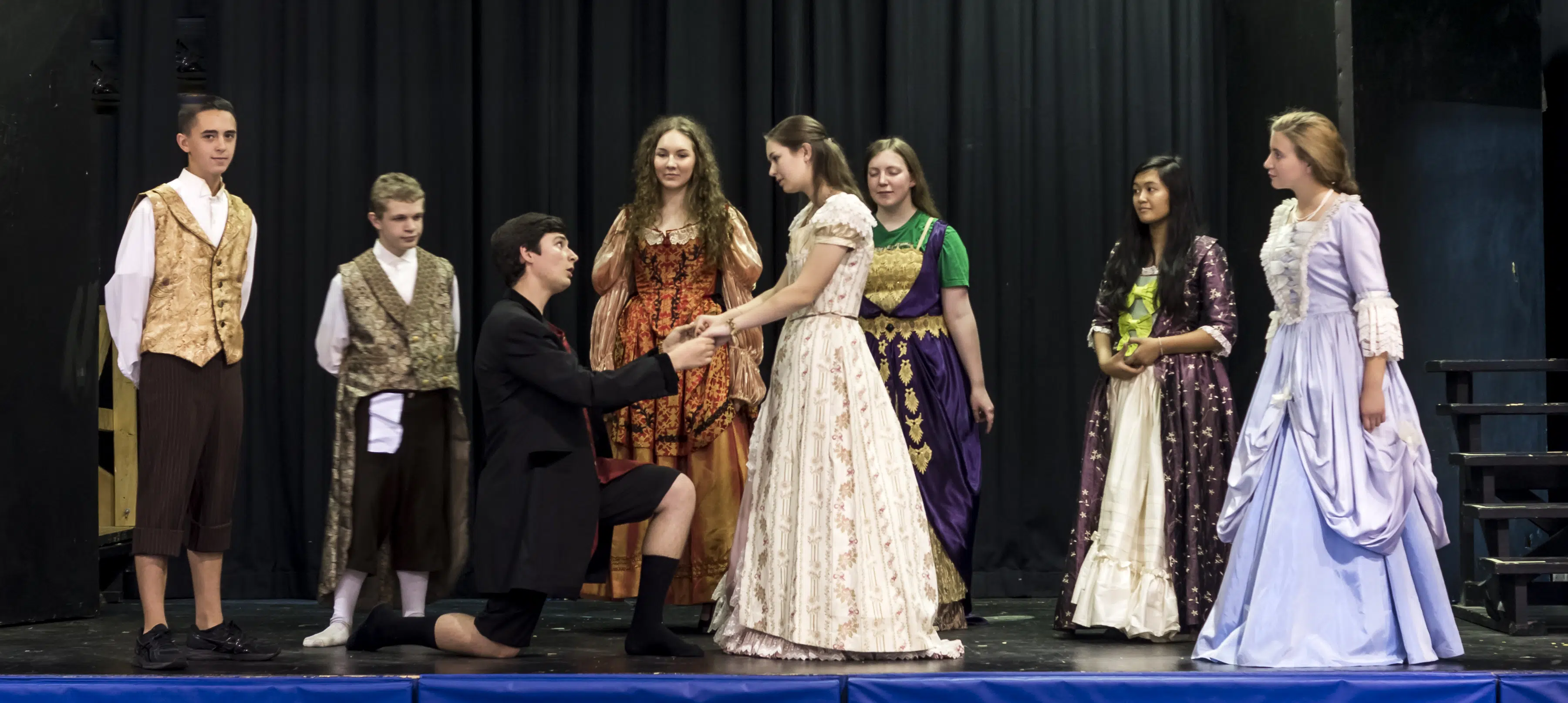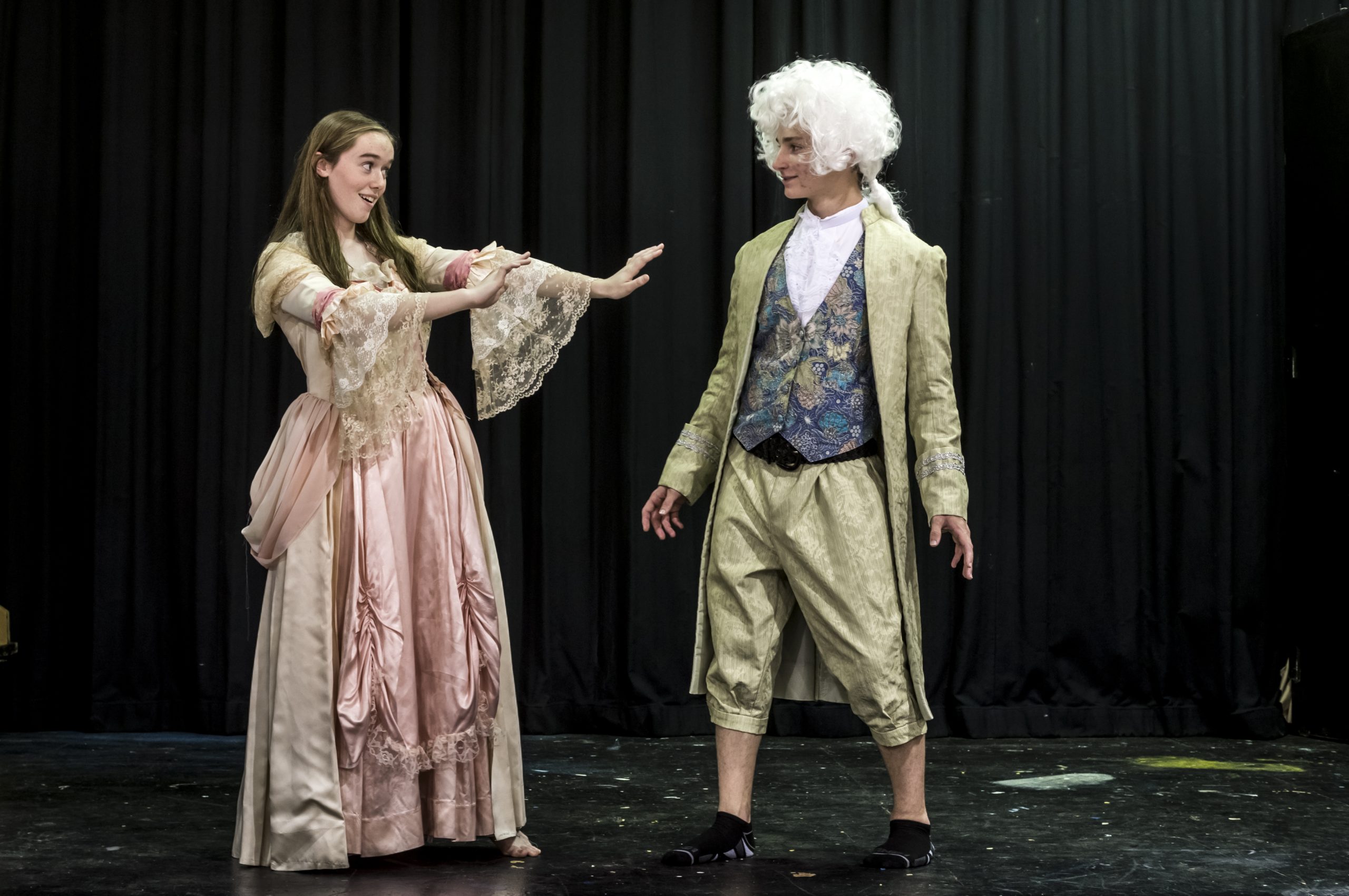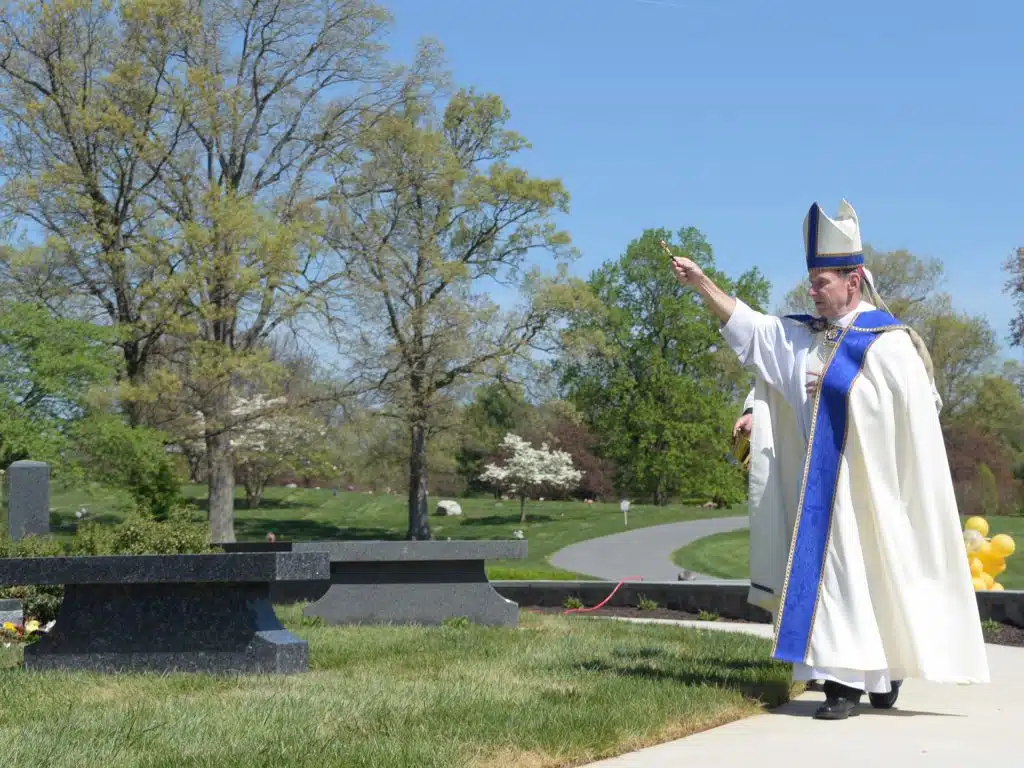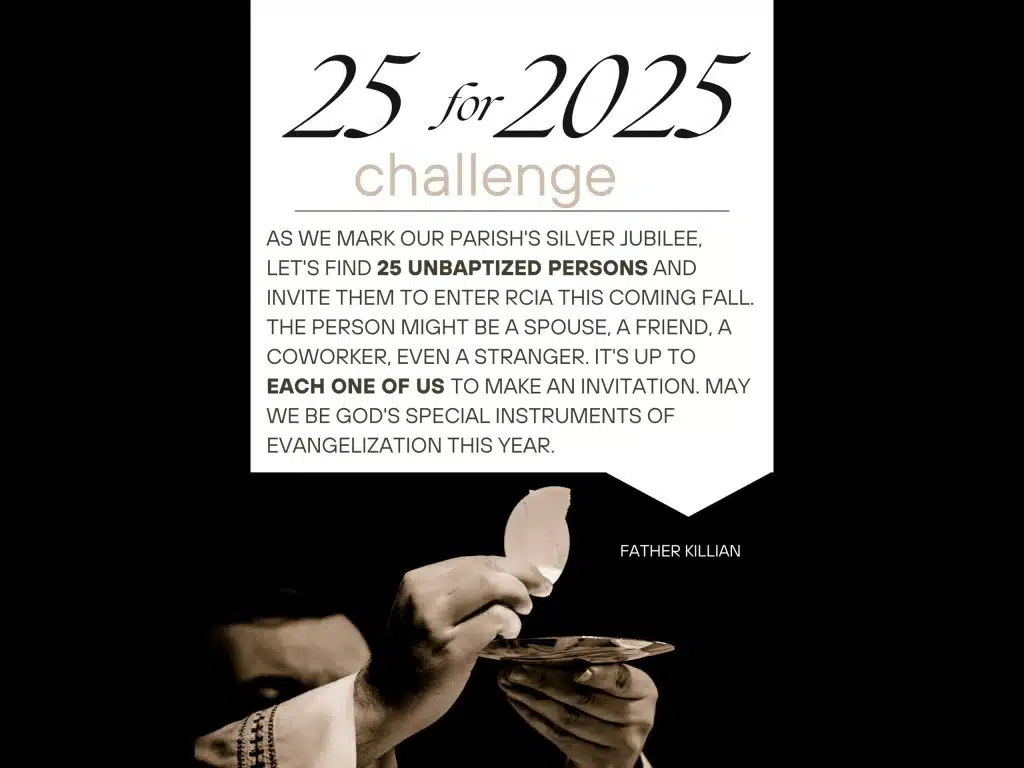The production of “Amadeus” by the Seton
School in Manassas reinterprets the ending of the story of the complicated
relationship between composers Antonio Salieri and Wolfgang Amadeus Mozart for
the sake of mercy.
“Amadeus” will run Oct. 22 and 23 at the
Seton Main Stage.
People familiar with the 1984 movie may
worry about its content not being appropriate for high school students, but Director
Matt Moore said the play differs from the movie. He said changing one line
between the movie and the play altered the course of the ending.
“We’re reinterpreting the ending to allow (Salieri’s) confession to
occur,” said Moore. “We are looking at the show through the lens of mercy.”
The play is a fictional account of
Salieri and his deep abiding jealousy of Mozart that leads Salieri to plot to
kill Mozart. Moore said “Amadeus” is told via an unwilling confession.
Salieri is bitter and angry at Father Vogler.
Salieri discovers Mozart’s skills and believes Mozart was given God’s voice, so
Salieri does everything he can to destroy him, Moore said.
“Salieri spends much of the show angry
at God,” said Moore. “He defined his life as being God’s instrument, promised
to remain chaste, helped poor musicians so God could flow through him.”
“At
the end of the traditional version, Salieri doesn’t accept the confession,”
said Moore. “At the end of the play, Salieri accepts the confession and the
grace.”
The script is described on the Seton
Theatre website, setontheatre.com, as “clean and acceptable and the final
message is significantly brighter.”
The 46 cast members have been listening
to Mozart to understand their lines. Mozart is played by Brendan Santschi and
Constanze Mozart is played by Caitlin Orr. Salieri is played by Brendan Murphy.
Father Vogler is played by Jonathan Bookwalter. They are accompanied by a live
student orchestra and two of the eight students singing opera are ranked nationally
in opera competitions, according to Moore.
The staging of this production is unique,
with a smaller opera stage where the musical performances take place and a main
stage for the play itself.
Moore noted the difference in music
between Salieri and Mozart. He said Salieri’s music was safe and standard for
the time, and that it was very hard to find sheet music for some of the pieces
he wrote. Mozart’s music was more complex and memorable. Key scenes are set
around Mozart’s operas, “The Abduction from the Seraglio,” “The Marriage of
Figaro,” “Don Giovanni” and “The Magic Flute.”
The play hopes to show where Salieri is
going wrong and how through the confession he’s still loved, Moore said.
“If God gives you a gift you need to
turn to God even more,” he said.




